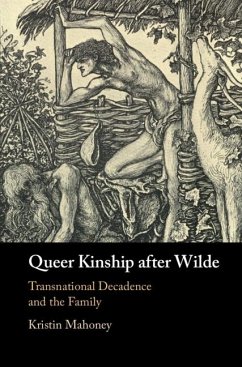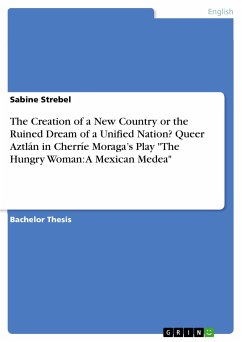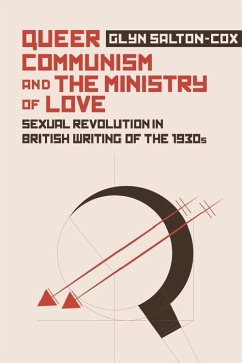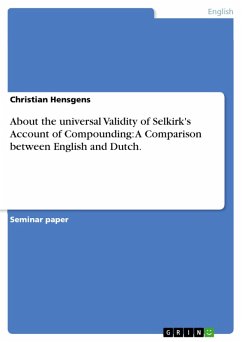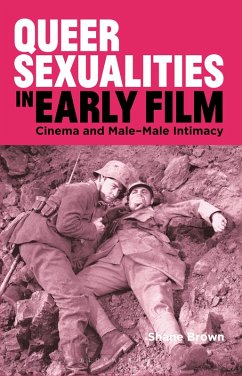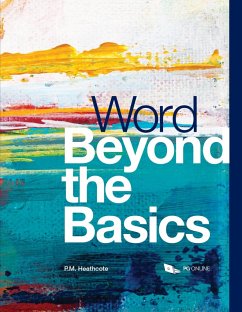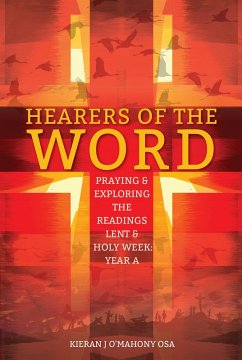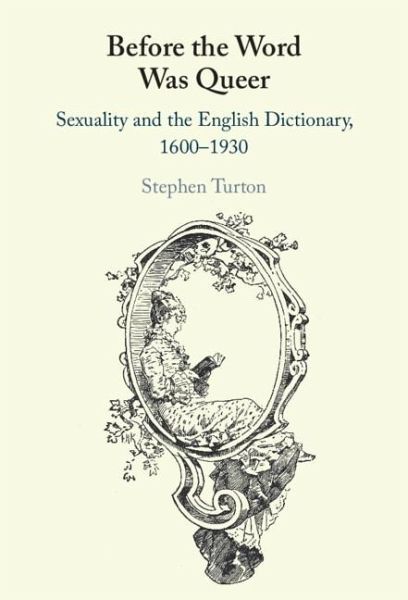
Before the Word Was Queer (eBook, PDF)
Sexuality and the English Dictionary, 1600 1930
Versandkostenfrei!
Sofort per Download lieferbar
128,99 €
inkl. MwSt.
Weitere Ausgaben:

PAYBACK Punkte
64 °P sammeln!
Bringing together research from queer linguistics and lexicography, this book uncovers how same-sex acts, desires, and identities have been represented in English dictionaries published in Britain from the early modern to the inter-war period. Moving across time from the appearance of the ?rst standalone English dictionary to the completion of the ?rst edition of the Oxford English Dictionary and shuttling across genres from general usage, hard words, thieves' cant, and slang to law, medicine, classical myth, women's biography, and etymology it asks how dictionary-writers made sense of same-se...
Bringing together research from queer linguistics and lexicography, this book uncovers how same-sex acts, desires, and identities have been represented in English dictionaries published in Britain from the early modern to the inter-war period. Moving across time from the appearance of the ?rst standalone English dictionary to the completion of the ?rst edition of the Oxford English Dictionary and shuttling across genres from general usage, hard words, thieves' cant, and slang to law, medicine, classical myth, women's biography, and etymology it asks how dictionary-writers made sense of same-sex intimacy, and how they failed or refused to make sense of it. It also queries how readers interacted with dictionaries' constructions of sexual morality, against the broader backdrop of changing legal, religious, and scienti?c institutions. In answering these questions, the book responds and contributes to established traditions and new trends in linguistics, queer theory, literary criticism, and the history of sexuality.
Dieser Download kann aus rechtlichen Gründen nur mit Rechnungsadresse in A, B, BG, CY, CZ, D, DK, EW, E, FIN, F, GR, HR, H, IRL, I, LT, L, LR, M, NL, PL, P, R, S, SLO, SK ausgeliefert werden.




